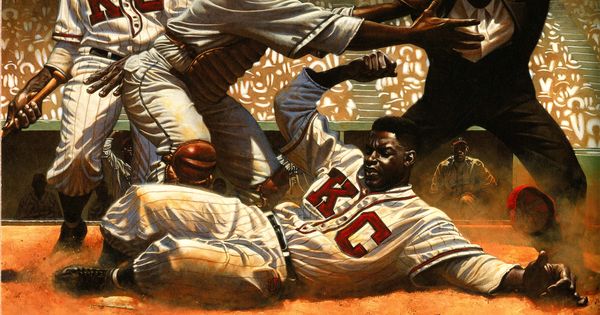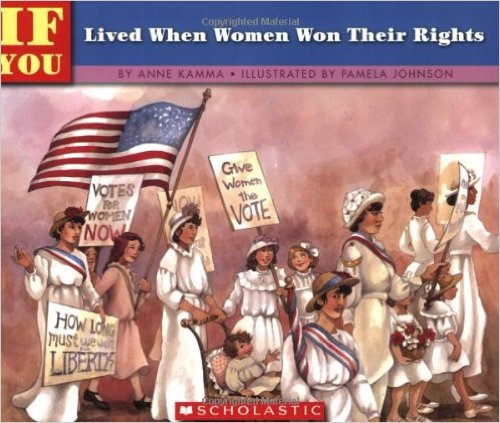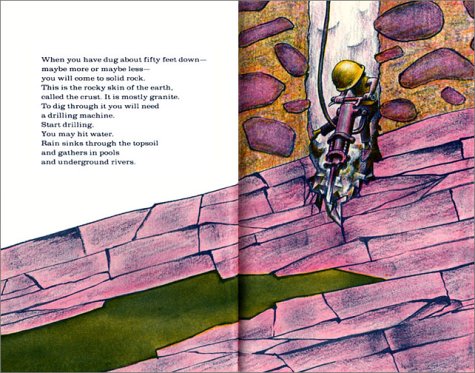Lenten Meditation - A Book by the Man with Two First Names
A Cry of Absence: Reflections for the Winter of the Heart by Martin Marty. HarperCollins, 1993 (1983).
A book for those of us who seldom (if ever) experience a “summery” spirituality. Marty turns to the Psalms which are overwhelmingly wintery and seldom mention the life to come, something I’d never noticed before.
“The psalmist was pleading not for a second life but for meaning in this one. If God is God, these texts suggest, then there should be value already to our days as they pass, but there seems to be all too little. Charm festers and drains away, who lives to enjoy riches? And wind twice puffs as winter advances” (48).
Marty discusses historical views of the afterlife: “Sheol is thus no match for Greek or later rabbinic immortality or Christian resurrection. The Hebrew Scriptures have no language of bliss after life. They give no voice to a hope for a creation that is reflected back into the old world ...” (64). Sheol follows life, he writes, but rather than afterlife, it was seen as an after death—not a comfort or a heaven.
The Psalmists then concentrated on the trustworthiness of God, not the gift of an afterlife, and thus don’t ask for more living after death, rather, “They pleaded with God as the giver of life to endow the meaning of their seasons with value” (64). “Modernists reflect on the past as if all people in it faced death with equanimity because they believed in recompense in a life to come. That belief appeared in the interval between the era of the psalms and our own” (64).
Marty goes on to comment that our current era has again lost consciousness of a life to come. He writes of: “The wintery night, the pain without relief” (66) and asks “can we find a God worthy of trust on this horizon?” A summery faith and self-help philosophies fall silent in the face of such pain, or refuse to hear it at all.
So, he asks, is there a wintery spirituality? What’s wrong with evasion, illusion, escape? There’s no satisfying answer except the “intrinsic value in the act of facing up honestly to the limits of the human condition.” If a reader is to get a “yes” from the psalms, she has to feel the “arctic winds of the landscape of death.” Ah, what an icy breeze that is.
I found the book at times beautiful and inspiring, at times tedious. Making it doubly appropriate for this season, I suppose. Though I wish someone would write a more accessible, less flowery version for us mere mortals.











Seriously, An American Plague: The True and Terrifying Story of the Yellow Fever Epidemic of 1793 was entirely fascinating. Like brain porn or something. I love medical weirdness and plagues and boils and gross stuff. So this book had me from the title.